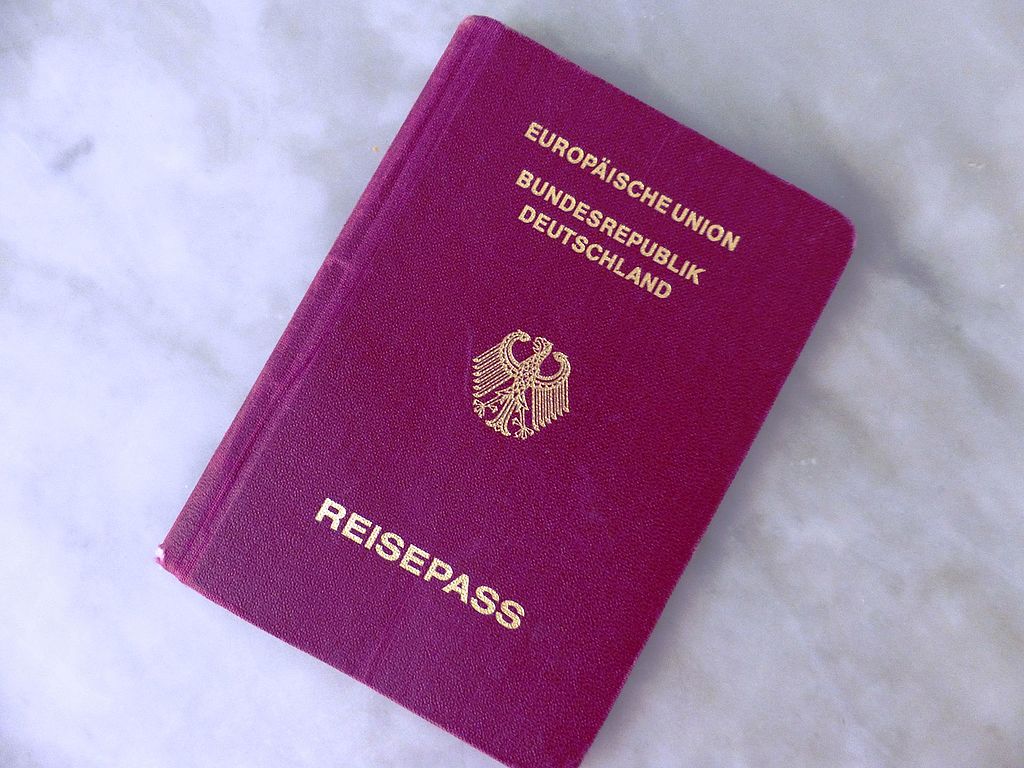As we mark Holocaust Memorial Day 2022, it is perhaps fitting to reflect on a new, bourgeoning phenomenon: the reclaiming of European citizenship by British Jews. The ‘EU Passport’ project seeks to gather the stories, motivations, dilemmas, and feelings of people across the British Jewish community about (re)acquiring citizenship of an EU member state country that their ancestors have left, fled, or indeed were driven out of. It aims to record the stories of British Jews who have reacquired (continental) European citizenships.
The project considers the extent to which considerations differ from those of other Britons who are seeking to retain their EU citizenship rights (such as those rediscovering their Irish routes), asking what reclaiming ancestral citizenship tells us about the links between citizenship, identity, and community.

The referendum on the UK’s EU membership (Brexit), which led to the UK’s departure and to Britons’ loss of their EU citizenship, has prompted a search for ancestral European routes across large swathes of the British population. Previously deemed superfluous by most British passport holders, obtaining EU citizenship has suddenly become quite attractive, enabling the retention of travel, study, settlement, and retirement opportunities.
For British Jews, however, the process of reclaiming their ancestral identity is often rather challenging: the history of British Jewry is, in large part, a history of a people forced to flee persecution, discrimination, and destitution. From Sephardi Jews fleeing religious persecution in the Iberian Peninsula in the late 15th century, through the Pogroms in the ‘pale of settlement’ in Eastern Europe in the late 19th and early 20th centuries, to the rise of Nazism in Germany and Austria and the German occupation of much of the continent during the Second World War, Jews have sought safety in Britain – and for long have not looked back. But they are now.
In fortuitous timing, several European countries have recently begun to recognise their historical responsibility towards those who were once members of their communities by creating special routes for restoration of citizenship. For instance, Spain and Portugal now enable Sephardi Jews, under varying conditions, to restore their ancestral citizenship; and legislative amendments to Austrian legislation which came into effect in September 2000 has led to thousands of applications for restoration of Austrian citizenship since.
In contradistinction, German legislation has long offered a restoration route for ‘Former German citizens who between 30 January 1933 and 8 May 1945 were deprived of their German citizenship on political, racial, or religious grounds’ and their descendants. Yet, until 2016, only a few dozen Britons applied each year to restore their German citizenship. Strikingly, according to official figures obtained from the Germany embassy, in the year of the Brexit referendum, that number has leapt to 684, and in every year since it has been more than a 1,000 – culminating in nearly 8,000 British Jews who have become (also) German since June 2016. Given the modest size of the British Jewish community (roughly 300,000 people), these figures are substantial.
Our research project’s full name, ‘My father was a wandering European’ (a play on the phrase ‘Arami Oved Avi – my father was a wandering Aramean’ in the Haggadah, the tale of the Jewish exodus from Egypt) captures the process of discovering, or uncovering, European routes. Launched at the Wiener Holocaust Library in December 2019, it has collated over 200 individual testimonies to date. Culminating in a special volume of ‘Transactions’, the flagship publication of the Jewish Historical Society of England, which hosts the project questionnaire on its website, our aim is to bring together scholars who will explore the legal, political, historical, and sociological dimensions of this remarkable phenomenon. It is noteworthy that, as we commemorate the unimaginable horrors of the Holocaust, which saw a third of all the Jewish people exterminated on European land less than a century ago, British Jews are reclaiming their long-lost European identity – perhaps the ultimate act of defiance.
The EU Passport project is coordinated by Dr Ruvi Ziegler from the School of Law with Simon Albert (lawyer and lover of history), and supported by the Jewish Historical Society of England.
